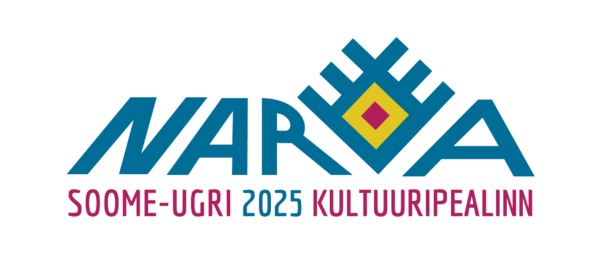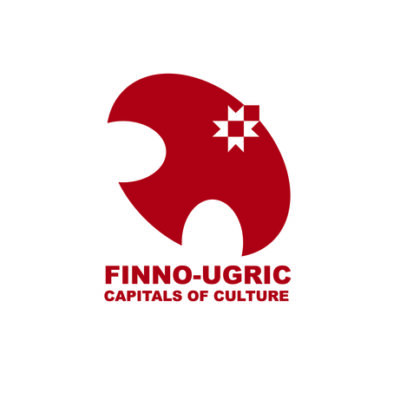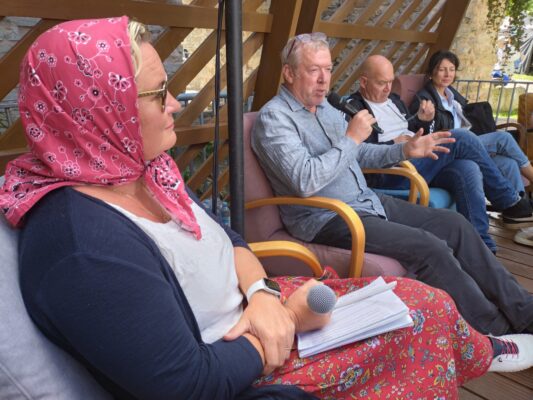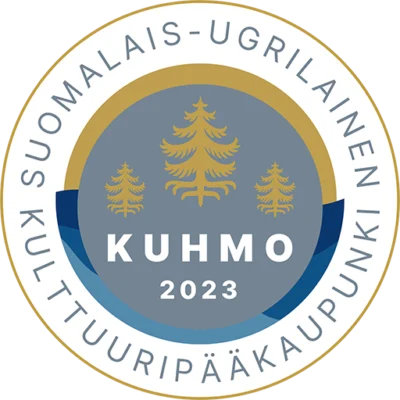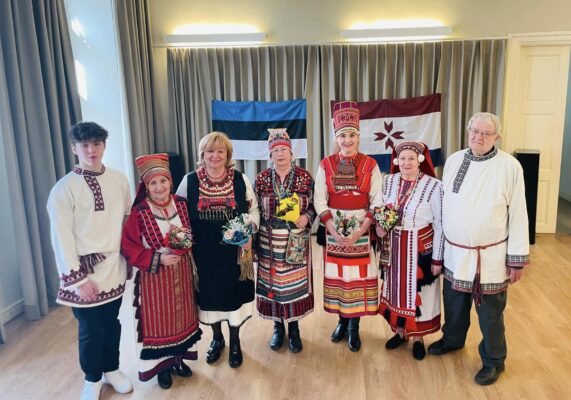
News
2026 Finno-Ugric Capital of Culture is Hancock, Michigan, USA
On 21 June, the 2026 Finno-Ugric Capital of Culture was announced in Narva, the 2025 Finno-Ugric Capital of Culture in Hancock, Michigan, USA. Hancock is …
Competition for 2026 Finno-Ugric Capital of Culture opened
On 24 March, the Estonian Uralic Centre, in cooperation with Sukukansojen ystävät ry, announced the opening of the 2026 Finno-Ugric Capital of Culture competition. The …
Opening ceremony of Finno-Ugric Capital of Culture Narva 2025: overview
On the first days of spring, on 1 and 2 March, the city of Narva was celebrated as the 2025 Finno-Ugric Capital of Culture. The …
Narva is the Finno-Ugric Capital of Culture 2025
Narva became the Finno-Ugric Capital of Culture on Saturday 1 March 2025, and the opening ceremonies were also covered by ERR. The author of the …
Plan of Narva 2025 Finno-Ugric Capital of Culture unveiled
House of Ingria, the main organiser of Narva 2025, has unveiled the Capital of Culture programme. The focus of the events organised by Fenno-Ugria will also be on Narva this year: the Kindred Peoples' Days conference 'Ingrian - land, people and culture' will take place at Narva Town Hall on 16 October, while the big event of the kindred peoples' month, a Finno-Ugric music concert, will take place on 18 October in the Rugodiv Culture House. Fenno-Ugria will also organise its travelling exhibitions in various cultural institutions and schools in Ida-Viru County this season.
Ingrian House to host the events of the Finno-Ugric Capital of Culture 2025 in Narva
Ekaterina Kuznetsova, Director of the Narva Ingrian House, gave an overview of the events of the Finno-Ugric Capital of Culture Narva 2025 on Raadio 4 …
Fenno-Ugria panel at Paide Opinion Festival on Youtube
On 10 August, the panel 'The nation on the display window and on the stall', organised by Fenno-Ugria, discussed the tourism industry and the folklorisation of small cultures.
Narva, Finno-Ugric Capital of Culture 2025
The title was announced on 29 June 2024 in Kuhmo, Finland. Narva is the 11th Finno-Ugric Capital of Culture.
Children's animation in Nenets
The Russian children's animation series Be-be-bears ('Mi-mi-mishki' in Russian) will have several episodes translated into Nenets.
Competition for Finno-Ugric Capital of Culture 2025 begins
URALIC Centre together with Sukukansojen Ystävät ry and the Finnish-Hungarian Society announced the beginning of the competition on 4 March 2024.
Main event of Finno-Ugric Capital of Culture held in Kuhmo
The Finno-Ugric Capital of Culture 2023 is in Kuhmo, Finland. The title is awarded to a Finnish municipality for the first time in the contest …
Estonian Mordvins celebrated Erzya Language Day
Mordvins living in Estonia celebrated the Erzya Language Day on April 14. The event was organised by the Estonian Mordvin Culture Society and the Erzya Cultural Association Syatko at the Tallinn Folk High School.




